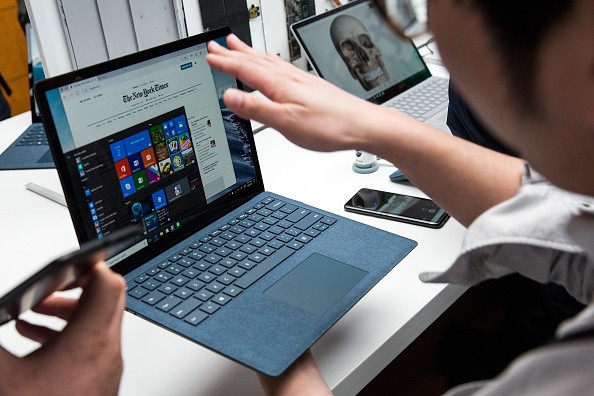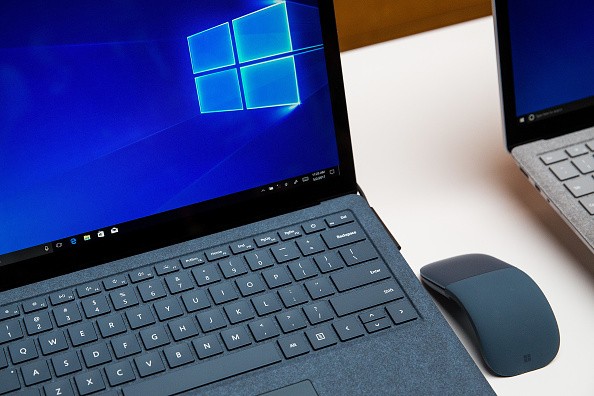Fake Windows 11 downloads are now spreading a deadly malware called Vidar. Zscaler, a cloud security company, is the one that first discovered the new malicious Windows software files.

"In April 2022, ThreatLabz discovered several newly registered domains, which were created by a threat actor to spoof the official Microsoft Windows 11 OS download portal," said the tech company via its official blog post.
Zscaler's research team, ThreatLabz explained that hackers designed the fake download portals to distribute malicious ISO files that can deploy the trojan computer virus.
Fake Windows 11 Downloads Spread Vidar Malware
According to Hackers News' latest report, the hackers behind the latest fake Windows 11 downloads are also leveraging backdoored versions of other software, such as Microsoft Teams and Adobe Photoshop.

Zscaler said that the infected ISO files are usually large in size, which is more than 300MB. If you see this on the Windows 11 software download that you plan to use, the best thing you can do is disregard it since it might contain the Vidar malware.
The cloud security firm also said that the cybercriminals use Telegram and Mastodon platforms to store their C2 IP address in the attacker-controlled account description fields.
Security experts said that the threat actors are quite efficient when social engineering their victims into downloading the malicious Windows 11 downloads.
How Severe is Vidar Malware?
Let's Hunt explained that the Vidar malware is a trojan virus that can easily steal user information from PCs and other devices.
Cybersecurity experts first spotted this malware way back in December 2019. When it comes to function, the Vidar malware can go undetected.
Once victims accidentally install the trojan computer virus, it will start acquiring their sensitive user data. After that, it will automatically delete itself from the system.
If you want to see further details about Vidar malware, you can visit this link.
Meanwhile, the HTML cyberattack is the most active online malicious campaign in Mar.
On the other hand, security experts discovered the new "Roblox" trojan virus that targets business and personal computers.
For more news updates about the fake Windows 11 downloads and other security threats, always keep your tabs open here at TechTimes.
Related Article : Tesla Keyless Feature Can Allow Hackers Take Over Your EV! Mostly Effective on Model 3 and Model Y
TechTimes own this article
Written by: Griffin Davis
ⓒ 2025 TECHTIMES.com All rights reserved. Do not reproduce without permission.




